Does Smartwater Have Electrolytes? Is It Worth It?
Author:
Unlock your full potential by engaging with our experts and community! Have questions about your fitness journey or looking for expert advice on weightlifting techniques? Don’t hesitate — leave a comment below and Camila Parente Santos will provide a personalized answer and insights to help you reach your goals.
Torokhtiy is reader-supported. Some links are affiliate links, and we may earn a commission at no extra cost to you. See our disclosure page for details.
While Smartwater contains some electrolytes, they are very minimal. Smartwater will not be effective as an electrolyte supplement. Smartwater mentions electrolytes in their marketing, although their claims are primarily related to taste, not supplementation.
Does Smartwater have electrolytes? While Smartwater does contain some electrolytes, there’s no more than you would expect from tap water. For electrolyte supplementation, we recommend buying a powder that contains significantly more sodium, potassium, calcium and magnesium, than what you’d find in Smartwater.
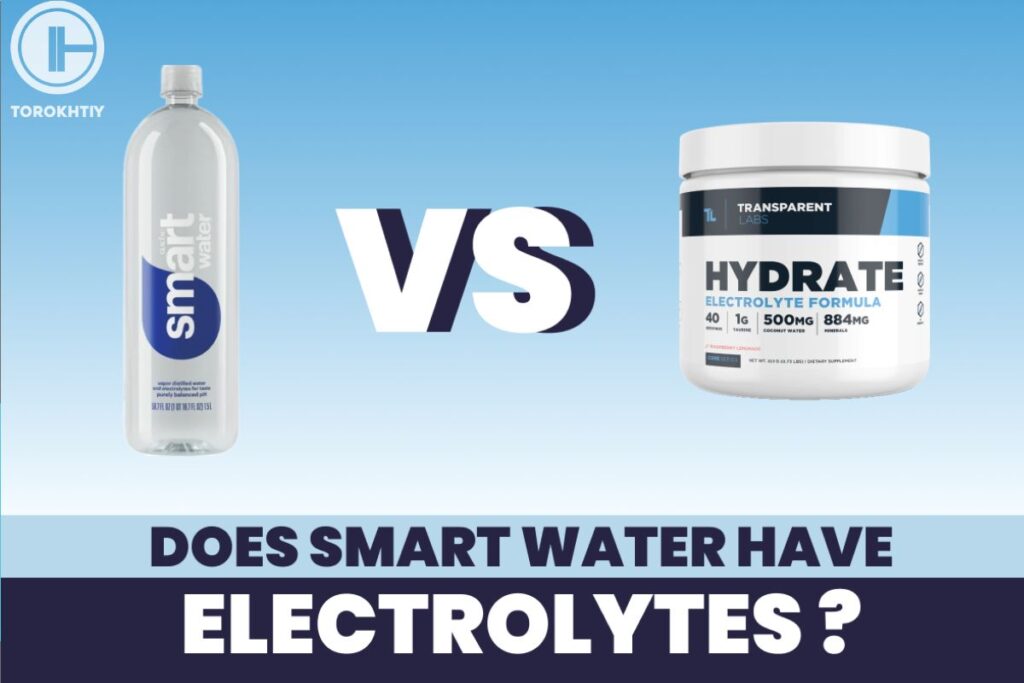
Smartwater – Why It’s Smart (or Not)?
Smartwater is made through a distillation process where water is boiled into vapor before being condensed back into liquid. It is different from mineral water, because minerals are added during this process, instead of naturally being in the water. Smartwater contains small amounts of magnesium, calcium, and potassium, but no sodium.
Overall, we don’t recommend using Smartwater for electrolytes because it appears to have a very minimal amount of electrolytes per serving, which is roughly equivalent to average tap water in the USA. While Smartwater makes bold claims in their marketing, there’s nothing too special about their actual product.
Analysis of Smartwater Ingredients
Smartwater does not list their electrolyte content in their nutritional information. On Coca-Cola’s own website, Smartwater is listed as having 0 calcium or potassium.
The closest we could come to finding out how many electrolytes are in Smartwater came from an article on Livestrong, although no source is mentioned. The article sought to answer the question, “does smartwater or gatorade have more electrolytes?”
They claim that the Smartwater electrolyte content per 8oz is 2.5mg of potassium, 2.5mg of calcium, 3.75mg of magnesium (sodium was not mentioned as Smartwater does not appear to contain any sodium). Gatorade has significantly more electrolytes in case you’re curious, with 110mg of sodium and 30mg of potassium per 8oz.
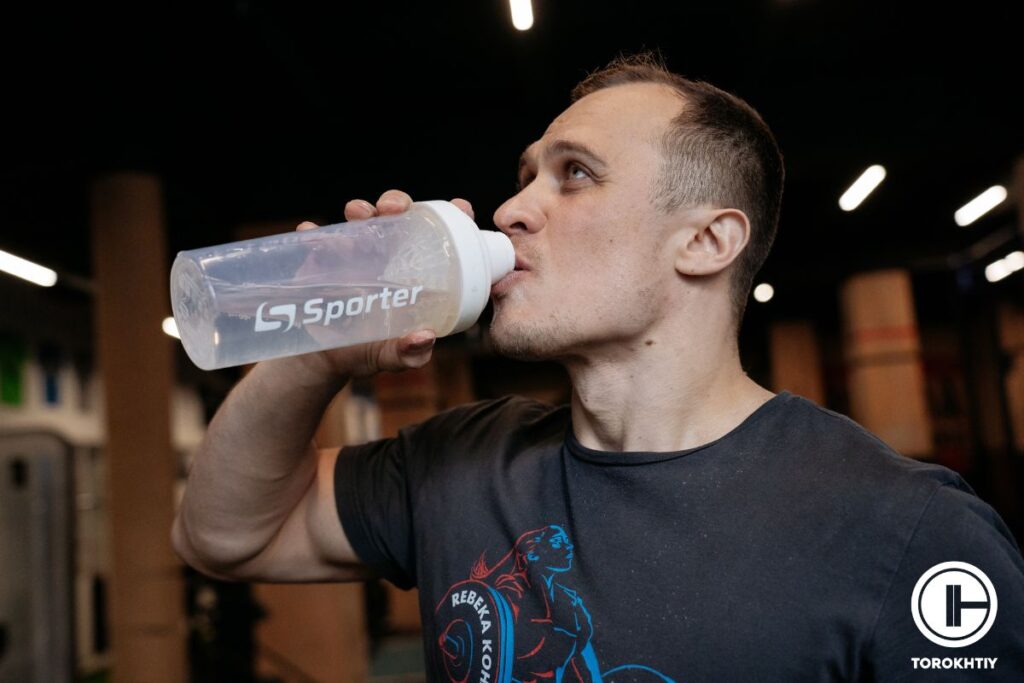
If these numbers are accurate, then Smartwater has roughly the same amount of electrolytes as average tap water in the US. In a study testing tap water, 8oz of water was found to contain a median of roughly 9mg of calcium, 2mg of magnesium, and 4.5mg of sodium (potassium was not included).
So, is Smartwater good for dehydration? Yes, but it’s no better for dehydration than regular tap water.
Marketing Claims and Advertising
Smartwater has undeniably clever marketing when it comes to electrolytes. On their site, they make claims that “added electrolytes” create a “distinctly fresh, crisp taste.” They even go as far as to claim this blend of electrolytes is unique.
These claims make their product seem unique, even though their “electrolyte blend” is virtually the same as tap water. Does Smartwater have potassium, magnesium, and calcium? Yes, but so does all other water.
Smartwater vs Common Electrolyte Drinks
The difference between Smartwater and most electrolyte drinks is total electrolyte content. While Smartwater has trace doses of electrolytes, other electrolyte drinks may have hundreds milligrams of sodium, potassium, magnesium, and calcium per serving.
It’s worth noting that the average person gets enough electrolytes through their diet and does not need additional supplementation.
Electrolyte supplements are primarily targeted towards athletes who need electrolytes to stay hydrated during long training sessions, which makes sodium the most important electrolyte to consider.
This is because maintaining proper balance between sodium and water is necessary for proper hydration, and is crucial especially in endurance training. Especially considering Smartwater doesn’t contain any sodium, it’s not good at all for this purpose.
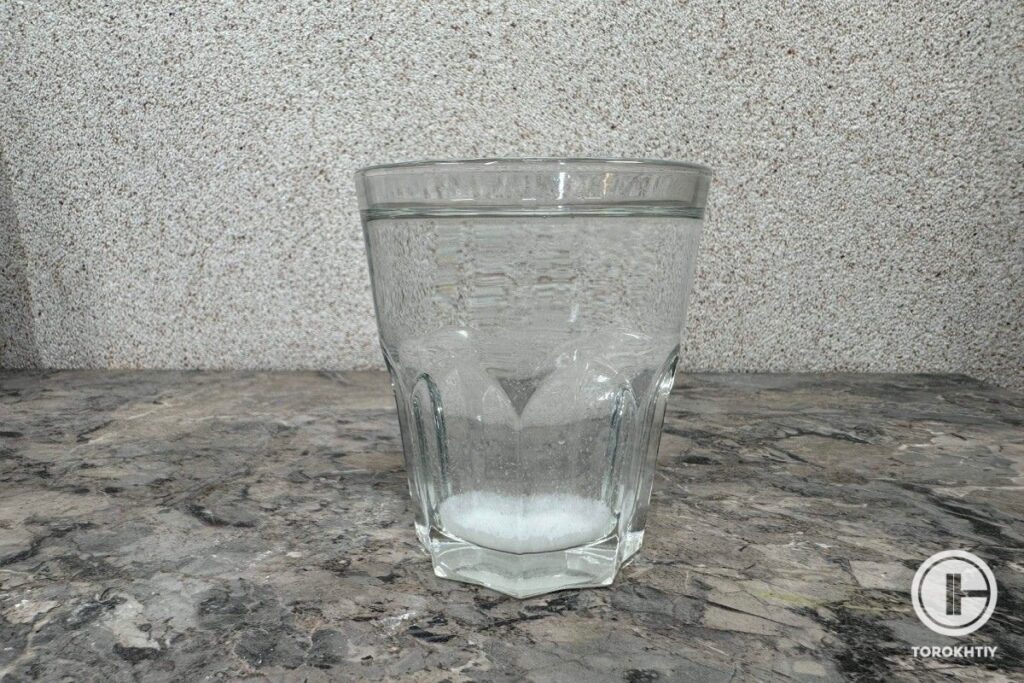
In longer training sessions (especially in the case of ultra-endurance training) drinking too much water without electrolytes may lead to overhydration/hyponatremia. This can weaken performance, and cause serious health problems. This is likely what would happen if you were drinking something like Smartwater instead of an actual electrolyte supplement.
If you’re looking to use electrolyte supplements for endurance training, the AIS recommends shooting for 0.5-0.7g of sodium/L of fluid. This is a range meant to provide adequate electrolytes while still preserving the palatability of water.
How to Make A Homemade Electrolyte Drink?
If you’re looking to make a homemade electrolyte drink, there are plenty of great options. A great place to start is to combine coconut water (which is a great source of potassium) with a little bit of salt and some added fruit and sweetener.
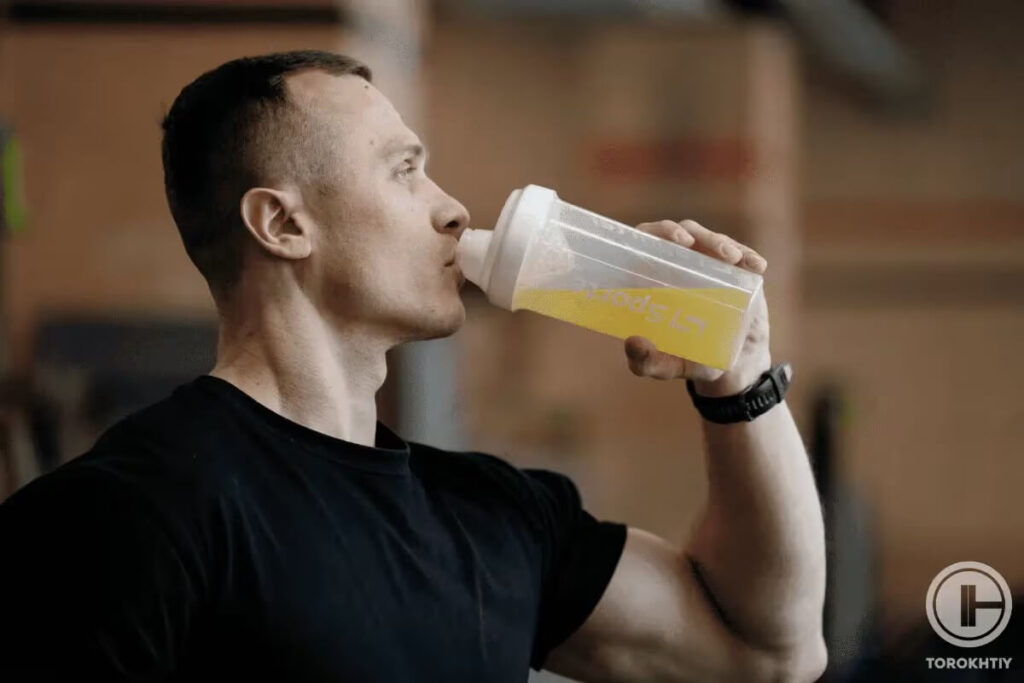
For example, try this Lime Coconut electrolyte water from Arizona State University, which combines limes, coconut water, sweetener, salt, and water for a delicious drink rich in sodium, and potassium.
Ingredients:
- Juice of 1-2 Limes
- 2 Cups Coconut Water
- 1 Cup Water
- 2 tbsp. Sweetener (Honey, Maple Syrup, Agave, etc.)
- ¼ tsp. Salt (or less if not using for training)
Instructions:
- Mix all ingredients together thoroughly.
You could also consider blending ~40g of dates with a liter of coconut water and a ¼ tsp of salt for an easy intra-workout drink.
Ingredients:
- 40g of dates (~5-8 dates)
- 1 Liter of Coconut Water
- ¼ tsp. Salt (or less if not using for training)
Instructions:
- Blend all ingredients together
While these recipes contain enough sodium for endurance training, you can always crease the sodium content to meet your specific needs.
Electrolytes We Recommend – Hydrate by Transparent Labs
Hydrate by Transparent Labs
- Form: Powder
- Flavors: Tropical Punch, Peach Mango
- Key Ingredients: Calcium, Magnesium, Sodium, Potassium
- Additional Ingredients: Coconut Water Powder, Taurine
- Package Information: 304g
- Servings: 40
- Price Per Serving: ~$0.75
- Company Founded: 2012
- Recommended by athletes: Paul Sklar, Hafþór Júlíus Björnsson
If you’re interested in buying an effective electrolyte supplement, consider trying Hydrate by Transparent Labs. Check out the electrolyte content broken down below:
| Electrolyte | Mg/Serving |
|---|---|
| Sodium | 500mg |
| Potassium | 250mg |
| Calcium | 84mg |
| Magnesium | 50mg |
As you can see, Transparent Labs contains significantly more electrolytes than something like Smartwater. In addition, this powder comes in 6 different flavors and is made without any artificial ingredients whatsoever.
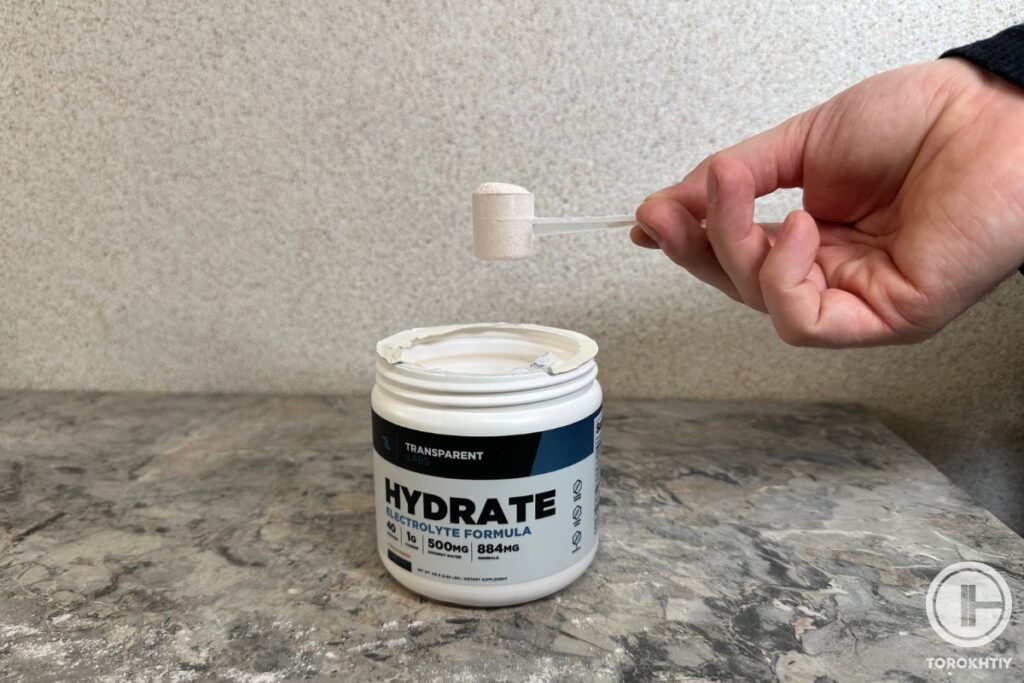
Hydrate will cost you ~$1.33 per serving. So, while this isn’t the most budget-friendly option, it will be a great choice if you’re looking for a supplement with genuinely high electrolyte content. Each serving is also still likely cheaper than a bottle of Smartwater as well.
Conclusion
Is Smartwater good for you? Yes, but it’s no better for you than any other form of water. While Smartwater does contain some electrolytes, they come in very trace amounts. As a result we do not recommend using Smartwater as a dedicated electrolyte supplement.
If you’re interested in electrolyte supplementation, try a more complete option like Hydrate from Transparent Labs.
Did you know that Smartwater was so low in electrolytes? Are you planning on using electrolyte supplements for endurance training? Let us know your thoughts in the comments below!
Also read:
- Sugar as an Electrolyte
- How to Hydrate Fast
- How to Add Electrolytes to Water
- How to Get Electrolytes on Keto
- DIY Electrolyte Drink
- water.io Smart Water Bottle Review
References:
- Jill Corleone, “Gatorade Vs. Smartwater,” Livestrong.com, https://www.livestrong.com/article/524917-gatorade-with-electrolytes-vs-smartwater/ (Accessed Apr. 2, 2024)
- Arik Azoulay, et. al, “Comparison of the Mineral Content of Tap Water and Bottled Waters” J Gen Intern Med. Mar; 16(3): 168–175. (2001).
- Nicholas B. Tiller, et. al, “International Society of Sports Nutrition Position Stand: nutritional considerations for single-stage ultra-marathon training and racing” Journal of the International Society of Sports Nutrition volume 16, Article number: 50 (2019)
- AIS Sports Supplement Framework, “Electrolyte Replacement Supplements,” AIS, https://www.ais.gov.au/__data/assets/pdf_file/0020/1000487/36194_Sport-supplement-fact-sheets-electrolytes-v5.pdf (Accessed Apr. 2, 2024)
- Kacie Vavrek, “Is Coconut Water Healthy,” The Ohio State University Wexner Medical Center, https://wexnermedical.osu.edu/blog/is-coconut-water-healthy (Accessed Apr. 2, 2024)
- Emma Greguska, “Healthy Devils: Electrolyte drink recipes for staying hydrated,” Arizona State University, https://news.asu.edu/20171113-solutions-healthy-devils-electrolyte-drink-recipes-staying-hydrated (Accessed Apr. 2, 2024)
- Photos made by Torokhtiy Media Team.
Why Trust Us?
With over 20 years in Olympic weightlifting, strength training, nutrition coaching, and general fitness our team does its best to provide the audience with ultimate support and meet the needs and requirements of advanced athletes and professional lifters, as well as people who strive to open new opportunities and develop their physical capabilities with us.
By trusting the recommendations of our certified experts in coaching, nutrition, and sports training programming, as well as scientific consultants, and physiotherapists, we provide you with thorough, well-considered, and scientifically proven content. All the information given in the articles concerning workout programming, separate exercises, and athletic performance, in general, is based on verified data.
The product testing process is described in more detail here.
Camila has worked as a Nutritionist for 7 years. In addition to being a nutritionist, she is an amateur weightlifting athlete for 2 years. Camila has experience at Flamengo’s football base and in a food supplement company and currently provides services at a clinic. At the moment she is coursing a postgraduate study in Sports Nutrition.



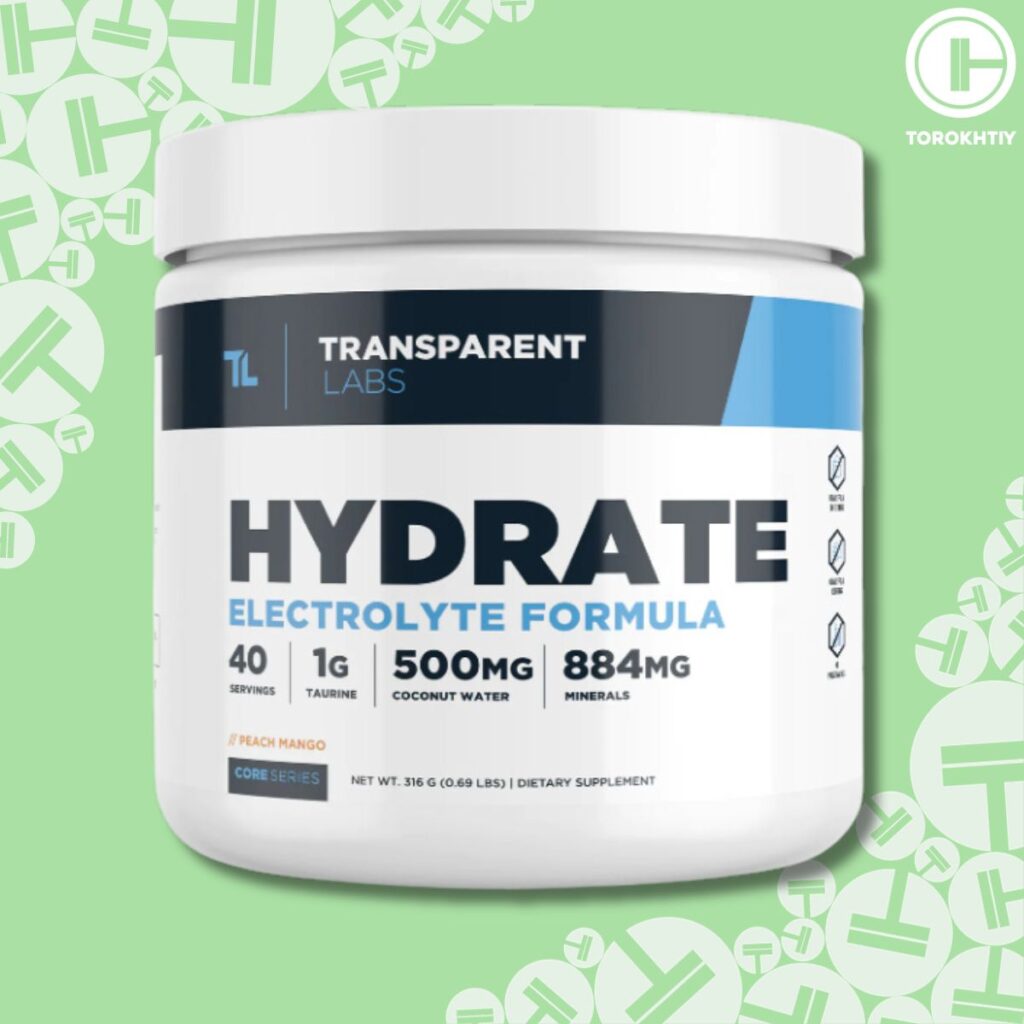
Still have questions after reading our article? Unlock your full potential by engaging with our experts and community! Don’t hesitate — leave a comment below and Camila Parente Santos will provide a personalized answer and insights to help you reach your goals.